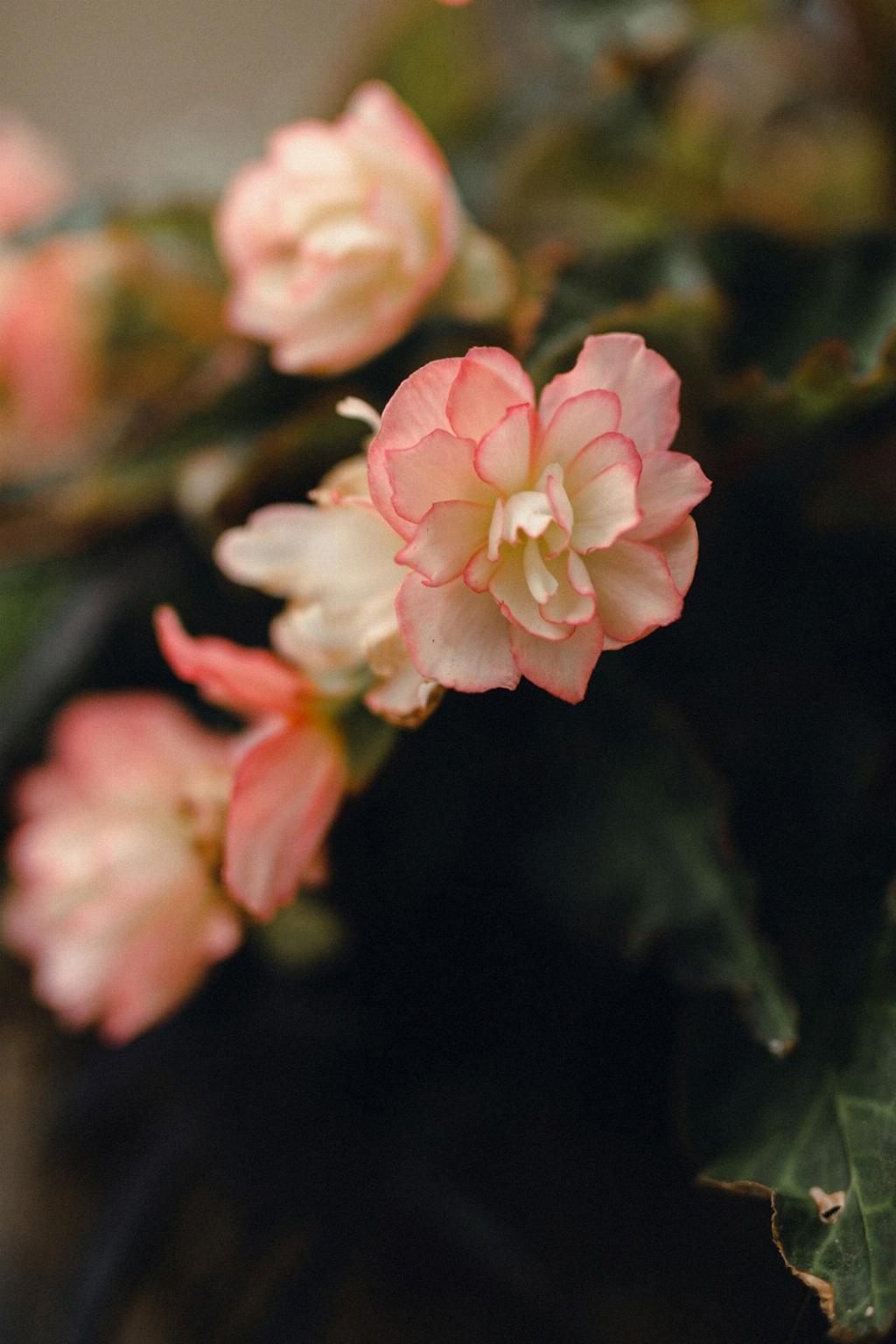If you are wondering whether your begonias will flourish in shady spots, the answer depends on the specific type of begonia you are nurturing. However, in general, most begonia varieties thrive in shade, making them an excellent choice for areas in your garden that do not receive direct sunlight.
One of the key considerations for successfully growing begonias in shady conditions is selecting the right species. Hardy begonias, for example, prefer dappled or full shade and can thrive without direct sunlight. These resilient plants can bring color and vibrancy to shaded areas of your garden with minimal gardening efforts.
It is essential to pay attention to the soil conditions when cultivating begonias in shady locations. Plant your begonias in rich, well-draining soil that retains moisture without becoming waterlogged. Soggy soil can lead to root rot and jeopardize the health of your begonias, so ensure the soil has adequate drainage.
While shade-loving begonias do not require direct sunlight to thrive, they still need access to adequate indirect light to support their growth. Positioning your begonias in an area with dappled shade or filtered light will provide them with the necessary light levels to photosynthesize effectively and produce vibrant blooms.
Shade-loving begonias are well-suited for areas in your garden that are shaded by trees, buildings, or structures that block direct sunlight. Their ability to thrive in low-light conditions makes them a versatile and popular choice for adding color and beauty to dimly lit corners of your outdoor space.
When planting begonias in shady locations, it is crucial to monitor soil moisture levels regularly. While begonias prefer moist soil, overwatering can be detrimental to their health. Be mindful of watering practices and adjust them as needed to maintain optimal soil moisture levels for your shade-loving begonias.
Another factor to consider when cultivating begonias in the shade is the surrounding environment. Ensure that the shaded area provides adequate airflow to prevent the buildup of humidity, which can increase the risk of fungal diseases in your begonias. Proper air circulation is essential for maintaining the health and vigor of your plants.
While begonias can thrive in shade, it is essential to provide them with occasional fertilization to support their growth and blooming potential. Choose a balanced fertilizer and apply it according to the manufacturer’s recommendations to provide your begonias with the essential nutrients they need to flourish in shady conditions.
Pruning can help promote healthy growth and blooming in shade-loving begonias. Regularly remove dead or faded flowers, as well as any damaged or diseased foliage, to encourage new growth and maintain the overall health and appearance of your begonias. Pruning can also help improve airflow around the plants.
Protecting your begonias from extreme weather conditions, such as strong winds or heavy rainfall, is essential when growing them in shady areas. Consider providing them with some form of protection, such as a shelter or a windbreak, to shield them from adverse weather effects and ensure their well-being.
In conclusion, begonias can indeed thrive in shade, making them a fantastic choice for adding color and beauty to shaded areas of your garden. By selecting the right begonia species, providing them with suitable soil conditions, adequate indirect light, and proper care, you can enjoy healthy and vibrant begonias in your shady outdoor spaces.

